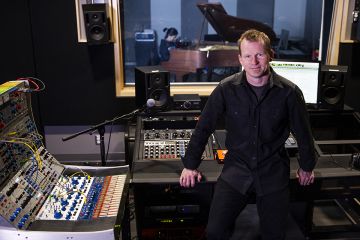
Art and science of listening
Music technology professor Kirk McNally scrutinizes recordings to better understand the relationship between musicians, engineers and music producers.

Music technology professor Kirk McNally scrutinizes recordings to better understand the relationship between musicians, engineers and music producers.
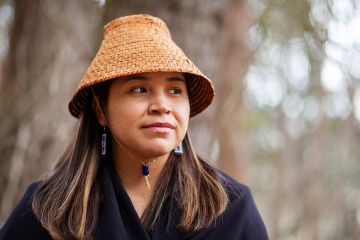
How does one “speak back” to violence experienced by Indigenous girls, young women, two-spirit youth, even whole communities impacted from centuries of oppression? This question frames the work of Sisters Rising, an Indigenous-led, community-based research project that honours Indigenous youth who have experienced sexualized, gender-based violence by offering traditional land- and arts-based teachings.
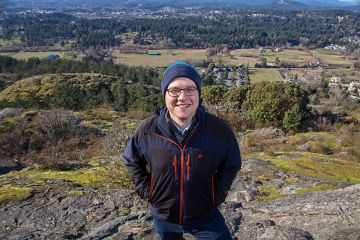
How much land will a carbon-free electricity system require? Early in his research career, Kevin Palmer-Wilson discovered that renewable energy sources such as wind and solar could play a major role in a future carbon-free electricity system&#…
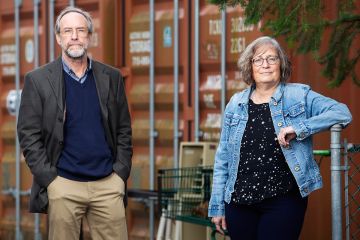
A managed alcohol program (MAP) provides people who haven’t found success with abstinence-based approaches with pre-measured doses of beer or wine—often paired with housing and other supports—as a way of reducing the harms from alcohol. But do they work? A national study, co-led by Bernie Pauly and Tim Stockwell at UVic's Canadian Institute for Substance Use Research, is finding out—and so far, signs point to yes.
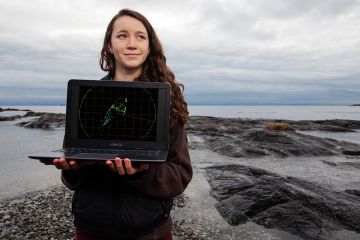
Over the last 27 years, eight ships and one airplane have been intentionally sunk off the BC coast for the enjoyment of recreational divers—and to enhance habitat for local marine life. Yet artificial reefs remain controversial. Desiree Bulger, a master’s student in UVic's School of Environmental Studies, set out to find some answers.